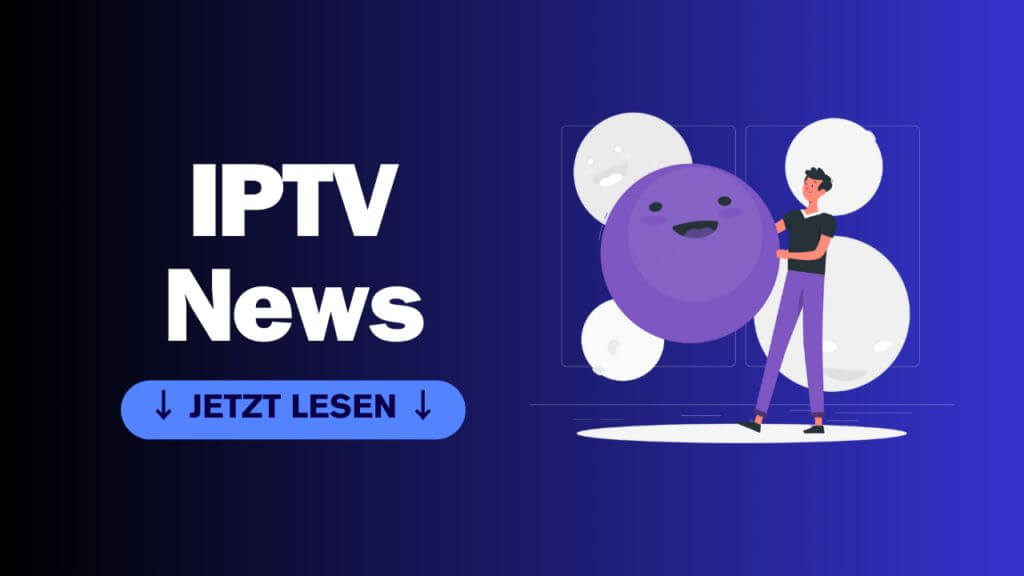Television is undergoing a significant transformation thanks to the advancing technology of IPTV (Internet Protocol Television). IPTV is not only revolutionizing how content is transmitted, but also enabling unprecedented personalization of the viewing experience. In this article, we take a look at how IPTV is personalizing television and what this means for the future.

What is IPTV and how does it work?
IPTV basics
IPTV stands for "Internet Protocol Television" and refers to the transmission of television programs and channels via the Internet protocol. In contrast to traditional television, which is often transmitted via satellite or cable, IPTV uses the internet to transmit video content.
How IPTV works
With IPTV, content is streamed via the broadband Internet. This enables users not only to watch live television programs, but also to access an extensive range of on-demand content.
The personalization of the television experience through IPTV
Individualized content
One of the biggest advantages of IPTV is the ability to offer personalized content. Users can set individual preferences and the service adapts the content displayed accordingly.
Recommendation algorithms
Thanks to advanced algorithms, IPTV can make recommendations based on users' previous viewing habits. This leads to a more personalized and satisfying viewing experience.
Suggestions on IPTV and personalization in the future? Give us your feedback below!
Advantages of personalization through IPTV
Increased user loyalty
Personalized content makes users feel more loyal to the service because it takes their individual preferences into account.
Improved content discovery
Personalized recommendations help users discover new shows and films that they might otherwise have overlooked.
Challenges of personalization through IPTV in the future
Data protection concerns
The collection and analysis of user data raises questions regarding data protection. IPTV providers must ensure that they respect and protect the privacy of users.
Excessive demands due to selection
Too much personalized content can also be overwhelming. A careful balance between recommendations and a manageable selection is therefore essential.
The future of personalized television through IPTV
Integration of artificial intelligence
The integration of AI into IPTV systems could further drive personalization by providing even more accurate recommendations and content.
Outlook on new technologies
Future technologies such as virtual and augmented reality, in combination with IPTV, could offer new, more immersive ways to experience television.
Conclusion
Personalized television through IPTV represents an exciting vision of the future. Not only does it offer a more personalized and enjoyable viewing experience, but it also opens the door to innovative technologies and new forms of entertainment. While challenges such as data privacy and user overload remain, the industry is facing exciting developments that could revolutionize the TV viewing experience.

